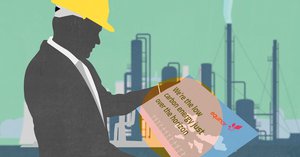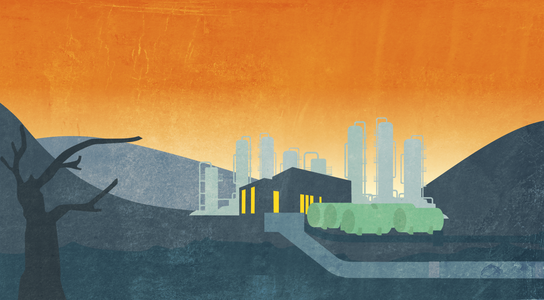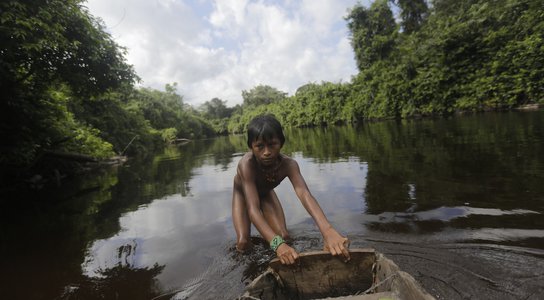Climate action is a vote winner. Polls have shown that around the world, people have woken up to the threat which the climate crisis poses to their futures – and want their elected leaders to take urgent action to drastically reduce carbon emissions.
Yet at the same time, governmental action on climate change has been, at best, disappointing. Governments continue to pour billions of dollars of taxpayer money into fossil fuel subsidies, allow businesses headquartered within their borders to continue their polluting ways, and argue (against all evidence to the contrary) that fossil fuels will have a role to play in energy production for years to come.
So, what’s going on here? Why aren’t governments doing what their constituents overwhelmingly want them to do? The answer is: influence.
The influencing industry
You’d be forgiven for thinking that in a democracy, the actions that elected leaders take should broadly reflect the wishes of the people who elect them. The reality, however, is more complicated.
Politicians are rarely subject matter experts on the many different areas of policy they legislate on. For this reason, they frequently rely on ‘industry experts’ for information and advice on how to craft important laws. But how do politicians choose which ‘experts’ to listen to? Enter the influencing industry.

Corporations which are complicit in driving the climate crisis – from fossil fuel firms to banks – spend large amount of money hiring lobbyists. Over decades, they have worked hard to convince politicians that these same companies which have brought the world to the brink of climate disaster are the ones with the knowledge of how to get us out of this mess.
They argue that fossil gas is the clean, green fuel of the future (spoiler: it’s not). They make the case that banks can regulate themselves through voluntary commitments and environmental policies; that there’s no need for government regulation to stop them funnelling money to irresponsible agribusinesses which are destroying the Amazon rainforest.
Who’s in the room?
The ways in which corporations gain influence are sometimes far from subtle: they buy it.
For example, the bank Santander is estimated to have underwritten over $1 billion in financing from 2013-2018 to one of the world’s leading beef producers, which has sourced cattle from illegally deforested areas of the Amazon. This same bank is the main sponsor of the 2021 COP26 climate summit in Glasgow, where politicians are making major decisions about how to tackle the climate crisis and pledge to end global deforestation.
However, the reasons behind companies’ disproportionate influence are often more insidious. Corporate lobbyists make a point of being easily accessible, basing themselves in the legislative centres of their respective countries. This means that when politicians need a quick answer on, for example, deforestation policy, it’s much easier to organise a meeting with a corporate representative whose office is nearby than it is to invite a delegation of Indigenous land and environmental defenders from Brazil.

The same dynamics play out when it comes to important international meetings where climate action is discussed. At COP26 in Glasgow, corporate representatives have had easy access to decision-makers, while delegates from developing countries have struggled to get visas approved, and the event itself has been plagued by logistical issues which have prevented civil society organisations from playing a full part.
Time and time again, corporate lobbyists are given the access and opportunity to make their case in the negotiating rooms, whereas vital stakeholders such as land and environmental defenders have to shout from the sidelines to try and make their voices heard. Is it any wonder, then, that the results of these negotiations tend to favour the interests of the former?
How can this change?
We urgently need to disentangle the cosy relationship which has grown up between the corporate and political worlds.

- We must demand our political leaders end their friendships with polluting companies and detoxify our political systems away from corporate influence.
- Destructive companies must be removed from global climate talks, ending their influence so we can transition to a green economy.
- Land and environmental defenders and those most affected by the climate crisis, including Indigenous Peoples, must be included and prioritised in all top-level climate policy decision-making. They have the real solutions and need protection against corporate-sponsored violence.
When politicians are listening to the very people who are profiting from the climate crisis, and not the ones trying to solve it, we know the system is broken. You wouldn’t invite Big Tobacco to a conference on cancer treatment. Climate-wrecking companies should be nowhere near discussions on the environment.
It’s time to end polluters’ power over our political system.


